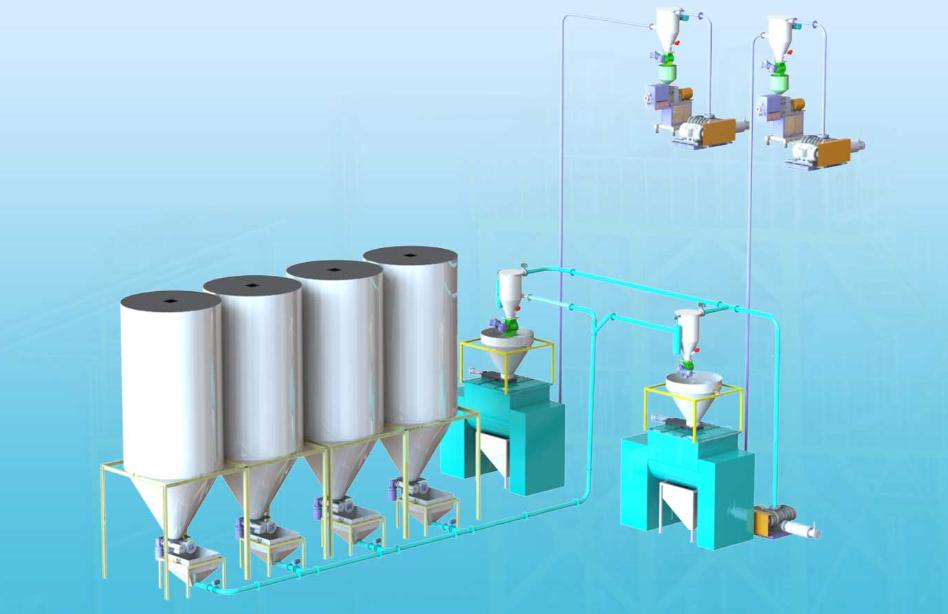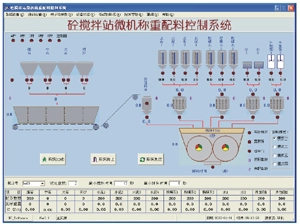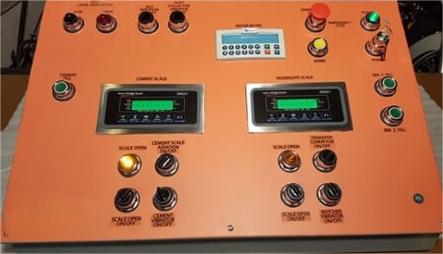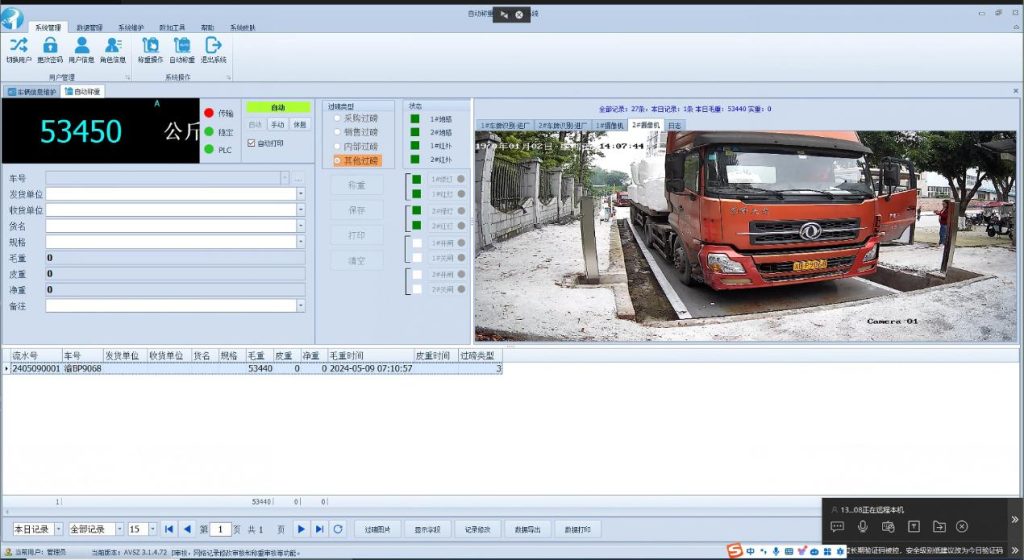Why Industries Need Batching Control Systems?
Many industries have turned to automation solutions, and one such crucial technology is the batching control system. There is a detailed introduction to the reasons why industries need batching control systems, exploring the diverse sectors that benefit from their implementation. We will examine specific industries, such as food and beverage processing, pharmaceuticals, chemicals, plastics, and cosmetics, to understand how batching control systems enhance their operations.
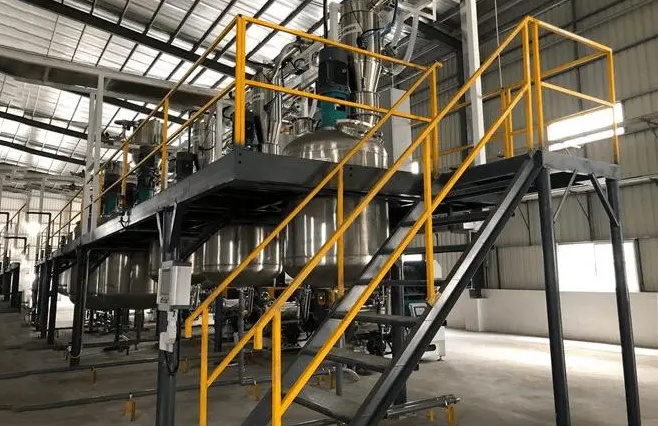
Why Need Batching Control System?
Batching control systems are essential for industries that require precise measurement and control of materials in a batch process. These systems ensure consistent product quality, reduce waste, and improve overall efficiency. Here are some key reasons why batching control systems are necessary:
- Consistent Product Quality: By accurately measuring and controlling the ingredients in each batch, batching systems help maintain consistent product quality. This is crucial for industries like food processing, pharmaceuticals, and chemicals, where even slight variations can affect the final product.
- Reduced Waste: Batching systems minimize waste by preventing overdosing or underdosing of ingredients. This can lead to significant cost savings and environmental benefits.
- Improved Efficiency: Batching systems automate many tasks, such as weighing, mixing, and dispensing ingredients. This can improve productivity and reduce labor costs.
- Data Tracking and Traceability: Batching systems often include features for data tracking and traceability. This allows businesses to monitor production processes, identify any issues, and ensure compliance with regulatory standards.
- Flexibility: Batching systems can be customized to meet the specific needs of different industries and applications. This flexibility makes them suitable for a wide range of processes.
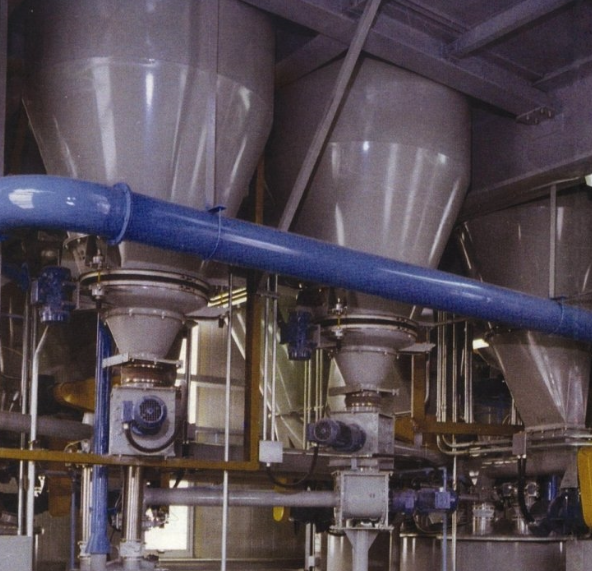
Industries That Utilize Batching Control Systems
Batching control systems are essential tools for industries that require precise measurement and control of ingredients in a batch process. These systems ensure consistent product quality, reduce waste, and improve overall efficiency. Here are some of the primary industries that widely adopt batching control systems:
Food and Beverage Processing
- Food manufacturing: Batching systems are crucial for precisely measuring ingredients like flour, sugar, and spices in the production of various food items, including baked goods, candies, and sauces.
- Beverage production: From mixing syrups to formulating carbonated drinks, batching systems ensure consistent flavor profiles and quality in beverage manufacturing.
- Dairy processing: In the production of dairy products like yogurt, cheese, and ice cream, batching systems control the precise blending of milk, cultures, and additives.
Pharmaceuticals
- Drug manufacturing: Batching systems are essential for accurately measuring and mixing active pharmaceutical ingredients (APIs) with excipients to produce consistent medications.
- Biotechnology: In the production of biological drugs like vaccines and insulin, batching systems control the fermentation and purification processes.
Chemicals
- Chemical manufacturing: Batching systems are used to measure and mix various chemicals for the production of a wide range of products, including paints, detergents, and fertilizers.
- Specialty chemicals: In the production of specialty chemicals for industries like electronics and automotive, batching systems ensure precise formulations and quality control.
Plastics
- Plastic manufacturing: Batching systems are used to control the blending of polymers, additives, and pigments in the production of various plastic products, such as plastic films, bottles, and pipes.
Cosmetics
- Cosmetic manufacturing: Batching systems are used to measure and mix ingredients like oils, waxes, and pigments in the production of cosmetics, including creams, lotions, and lipsticks.
Other Industries
- Personal care products: Batching systems are used in the production of personal care products like shampoos, soaps, and deodorants.
- Animal feed: Batching systems are used to measure and mix ingredients like grains, protein sources, and vitamins in the production of animal feed.
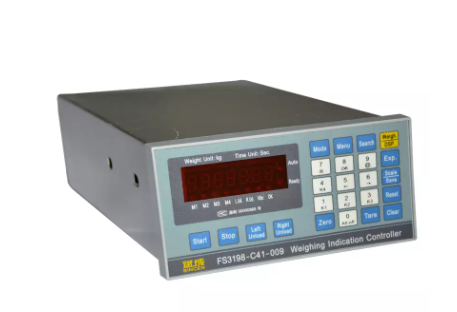
Popular Choices Examples
The popularity of weighing and batching control systems depends on the specific industry and application. However, based on general market trends and feedback from users, here are some products that are often considered popular:
Example 1: Weighing and Batching Controllers
Weighing and batching controllers are versatile and adaptable, making them suitable for a wide range of industries. These controllers offer a variety of features that can enhance efficiency and accuracy in batch processes.
One key feature of weighing and batching controllers is automatic batching. This function allows for the automatic weighing and dispensing of ingredients based on pre-programmed recipes. This eliminates the need for manual intervention, reducing the risk of human error and improving productivity.
Another valuable feature is recipe management. Weighing and batching controllers can store and manage multiple recipes, allowing for easy switching between different products or formulations. This flexibility is particularly useful for industries that produce a variety of products or need to frequently adjust their recipes.
Example 2: Weighing and Batching Controller With Empty Bucket Recognition
Weighing and batching controllers with empty bucket recognition are particularly valuable in industries where empty containers need to be automatically identified and rejected. This feature helps prevent errors, reduce waste, and improve overall efficiency.
One of the primary benefits of using controllers with empty bucket recognition is error prevention. By automatically detecting and rejecting empty containers, these controllers can help avoid costly mistakes, such as filling empty containers with valuable materials. This is especially important in industries where materials are expensive or hazardous.
In addition to preventing errors, empty bucket recognition can also improve efficiency. By identifying empty containers early in the process, these controllers can help reduce downtime and optimize production flow. This can lead to increased productivity and lower costs.
Example 3: Special Controller for Hopper Type Flow Control Scale
Special controllers for hopper type flow control scales are designed specifically for hopper-type scales, which are commonly used in industries that handle bulk materials. These controllers offer a range of features that can improve accuracy, efficiency, and safety in hopper-based operations.
One of the key features of these controllers is automatic level control. This function allows for the automatic regulation of the material level in the hopper, preventing overflow or underflow. This is particularly important in industries where material levels need to be maintained within specific parameters to ensure consistent product quality and prevent equipment damage.
Another valuable feature is anti-bridging mechanisms. These mechanisms help to prevent materials from forming bridges or arches within the hopper, which can impede material flow and lead to inaccurate measurements. By preventing bridging, these controllers can ensure a smooth and consistent flow of material, improving the overall efficiency of the process.
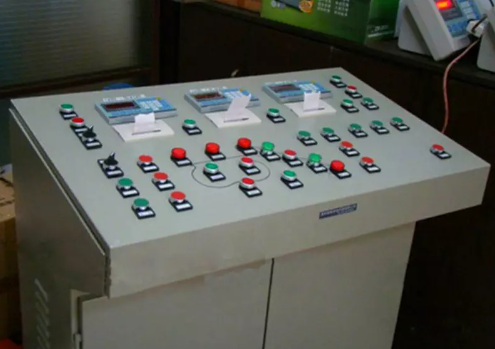
Final Words
Batching control systems have emerged as indispensable tools for industries seeking to optimize their processes, ensure product quality, and reduce waste. From food and beverage manufacturing to pharmaceuticals and beyond, these systems offer a myriad of benefits. By automating tasks, improving accuracy, and enhancing traceability, batching control systems empower businesses to achieve greater efficiency, competitiveness, and regulatory compliance. Batching control system manufacturer Bincen will be your reliable partner in your industry’s continued evolution.

